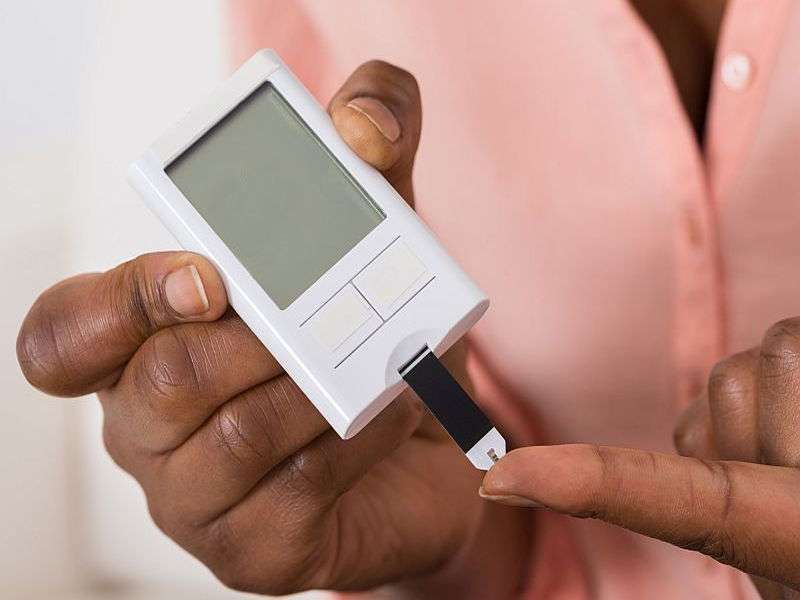(HealthDay)—For African-Americans with type 2 diabetes, the Decision-making Education for Choices In Diabetes Everyday (DECIDE) program is beneficial, according to a study published online Nov. 14 in Diabetes Care.
Stephanie L. Fitzpatrick, Ph.D., from the Johns Hopkins University School of Medicine in Baltimore, and colleagues compared the effectiveness of DECIDE with enhanced usual care (UC) among 182 urban African-Americans with type 2 diabetes with a suboptimal cardiovascular disease risk factor profile. Participants were randomly allocated to DECIDE Self-Study (46 participants), DECIDE Individual (45 participants), DECIDE Group (46 participants), or Enhanced UC (45 participants) for 18 to 20 weeks.
The researchers observed no significant difference in clinical outcomes for DECIDE modalities and Enhanced UC at six months after the intervention. For participants with hemoglobin A1c ≥7.5 percent at baseline, there was a decrease with each DECIDE modality at one week post-intervention (P < 0.05), and a decrease at six months after the intervention in Self-Study only (P < 0.05). In Self-Study and Group, there was a significant reduction in systolic blood pressure at six months after the intervention. Significant decreases were seen in low-density lipoprotein in Self-Study, Individual, and Enhanced UC; Self-Study had an increase in high-density lipoprotein at six months after the intervention.
"DECIDE modalities showed benefits after intervention," the authors write. "Self-Study demonstrated robust improvements across clinical and behavioral outcomes, suggesting program suitability for broader dissemination to populations with similar educational and literacy levels."
More information: Full Text (subscription or payment may be required)
Journal information: Diabetes Care
Copyright © 2016 HealthDay. All rights reserved.























